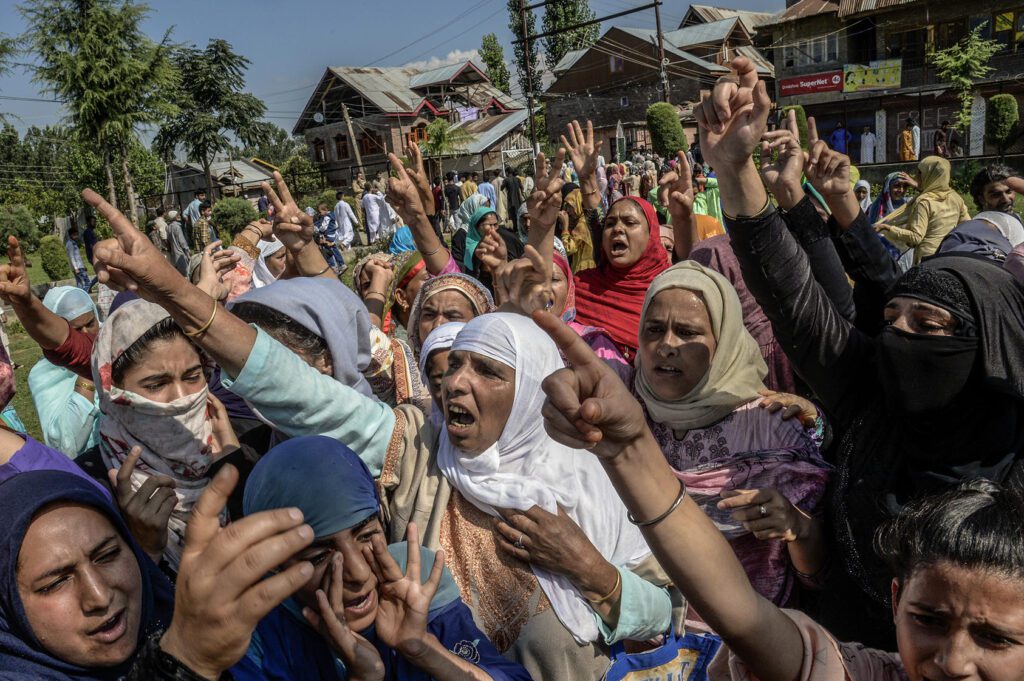The Kashmir Conflict has been a longstanding issue between India and Pakistan, dating back to the partition of India in 1947. The conflict over the region of Jammu and Kashmir has led to numerous instances of cross-border firing and skirmishes, with tensions escalating in 2019 when India revoked the special autonomous status of the region. This move sparked protests and a crackdown by Indian security forces, leading to further strain in relations between the two nations. The impact of the conflict on Indo-Pak relations has hindered efforts to improve bilateral relations and address other important issues. International mediation efforts have been largely unsuccessful, with both countries maintaining their positions on the issue. The Kashmir conflict remains a significant flashpoint in South Asia, with the potential for grave consequences if tensions continue to escalate.
The Kashmir Conflict: Escalating Tensions and the Impact on Indo-Pak Relations
Background
The Kashmir conflict dates back to the partition of India in 1947, when the princely state of Jammu and Kashmir was given the option to accede to either India or Pakistan. The Maharaja of Kashmir chose to accede to India, leading to a war between India and Pakistan. The war ended with the signing of the ceasefire line, now known as the Line of Control (LoC).
Escalating Tensions
Since the ceasefire, there have been numerous instances of cross-border firing and skirmishes between Indian and Pakistani forces in Kashmir. The situation escalated in 2019 when India revoked the special autonomous status of Jammu and Kashmir, sparking protests and a crackdown by Indian security forces. Pakistan condemned the move and vowed to support the Kashmiri people in their struggle for self-determination.
In February 2019, a suicide bombing in Pulwama, Kashmir, killed 40 Indian paramilitary personnel. India blamed Pakistan-based militant group Jaish-e-Mohammed for the attack and retaliated by launching airstrikes in Pakistani territory. Pakistan responded by shooting down an Indian fighter jet and capturing its pilot. The pilot was later released as a goodwill gesture.
Impact on Indo-Pak Relations
The Kashmir conflict has had a significant impact on relations between India and Pakistan. Both countries have nuclear capabilities, leading to fears of a nuclear conflict in the region. The continued tensions in Kashmir have also hindered efforts to improve bilateral relations and address other issues such as trade and security cooperation.
International efforts to mediate the Kashmir conflict have largely been unsuccessful, with both India and Pakistan maintaining their respective positions on the issue. The United Nations has called for a peaceful resolution of the conflict based on the principles of self-determination and respect for human rights. However, both countries have rejected outside interference in what they see as a bilateral issue.
Conclusion
The Kashmir conflict remains a flashpoint in South Asia, with the potential to escalate into a full-blown war between India and Pakistan. The international community must continue to urge both countries to engage in dialogue and find a peaceful resolution to the issue. Any further escalation of tensions in Kashmir would have grave consequences for the region and the world at large.
